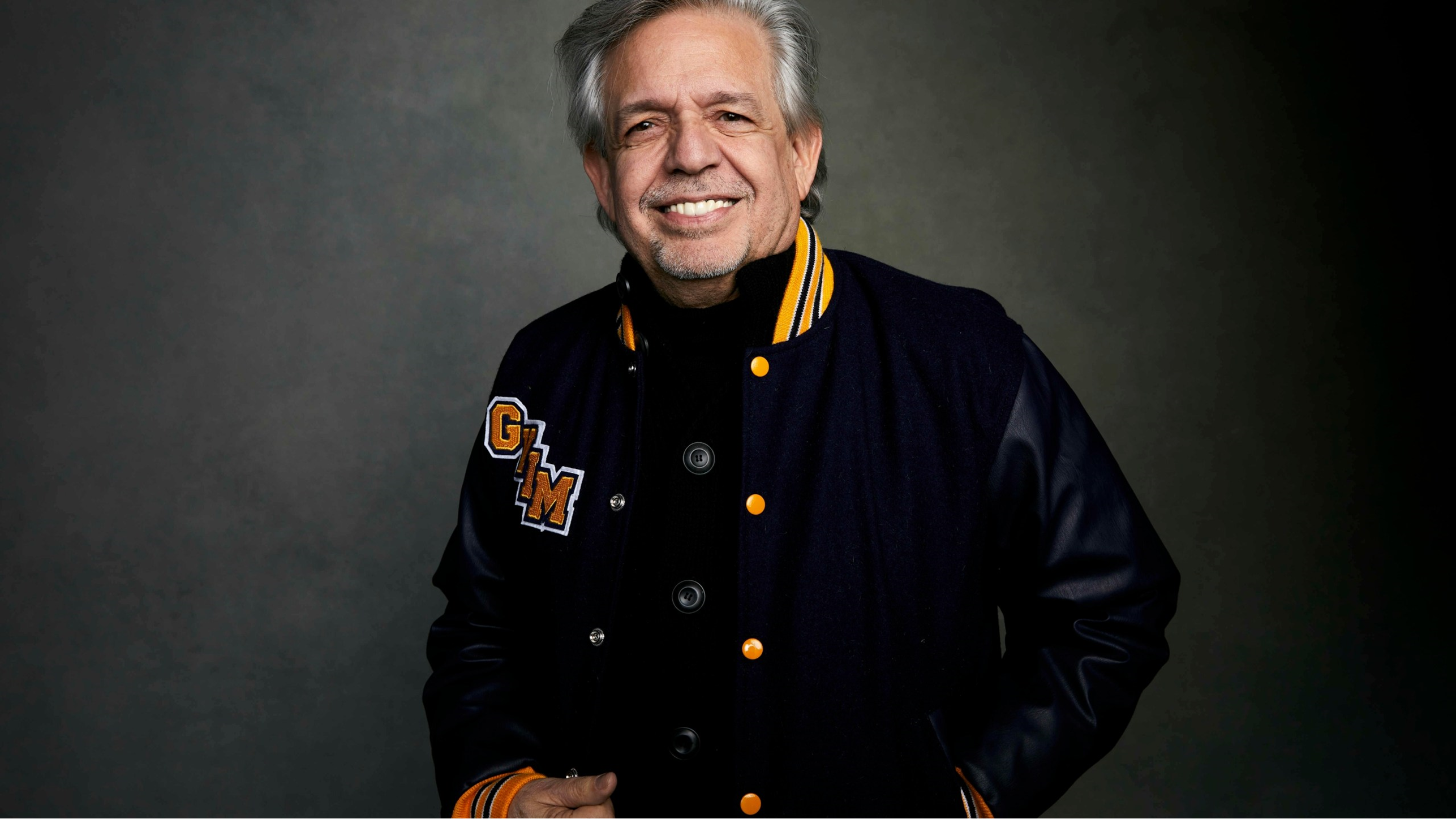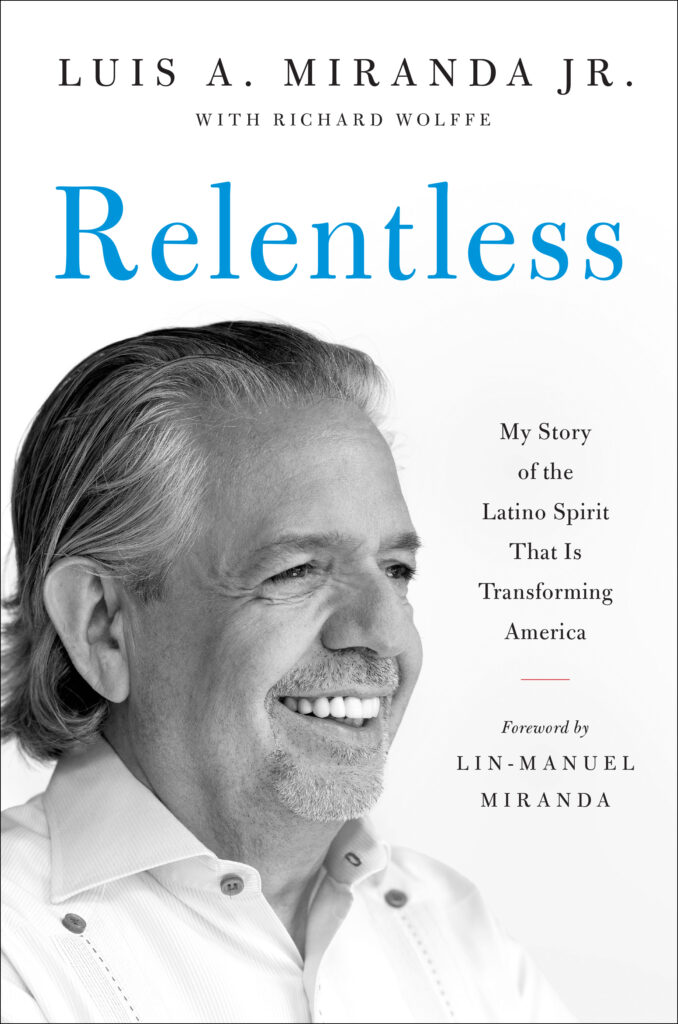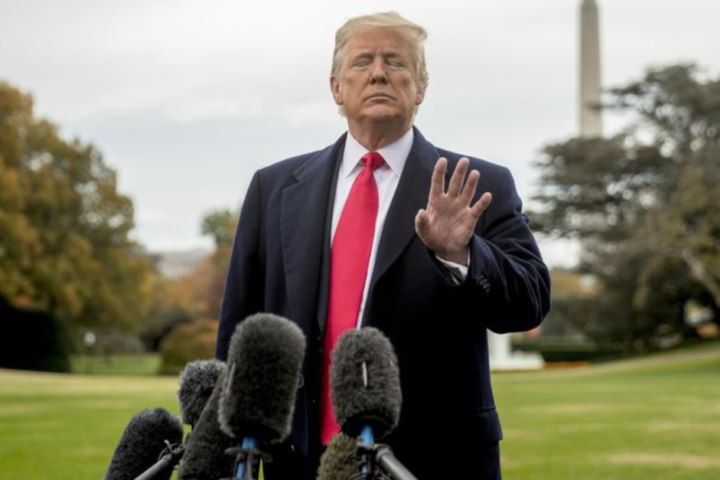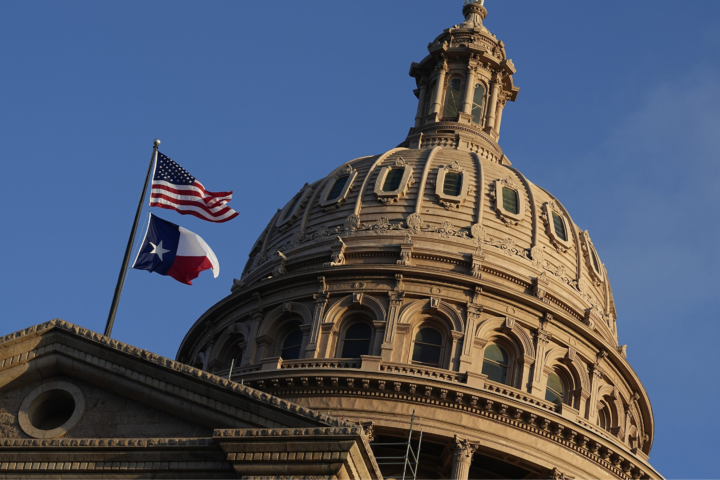Amidst the dynamic terrain of American politics, the Latino vote emerges as a powerful force, shaping electoral outcomes and advancing the interests of underrepresented communities. At the heart of this transformative journey lies the indomitable spirit of figures like Luis Miranda, whose tireless advocacy and strategic prowess have galvanized Latino voices and reshaped the political landscape.
Miranda’s story is one of resilience, innovation, and unwavering commitment to amplifying minority voices in the corridors of power. From his instrumental role in propelling Chuck Schumer and Hillary Clinton to victory, to his advocacy for Kirsten Gillibrand’s inclusive representation, Miranda’s imprint on American politics is profound and enduring.
However, Miranda’s impact transcends electoral victories; it reverberates through cultural movements like Lin-Manuel Miranda’s “Hamilton” and grassroots initiatives like Latino Victory. Through these avenues, Miranda has harnessed the power of art and activism to mobilize Latino communities, fostering a sense of belonging and empowerment in the face of adversity.
Now, Miranda’s journey is chronicled in a compelling new book that encapsulates his transformative legacy and underscores the pivotal role of the Latino vote in shaping America’s democratic future. Through rich storytelling and insightful analysis, readers are invited to delve into the complexities of political engagement and the enduring significance of minority representation.
In an era defined by unprecedented challenges and divisive rhetoric, the Latino vote emerges as a beacon of hope and progress, embodying the collective aspirations of a vibrant and diverse community. By supporting Miranda’s book, readers not only gain a deeper understanding of the political process but also contribute to a broader movement for social justice and inclusive governance.
As we stand at the crossroads of history, the Latino vote represents not only a numerical force but also a moral imperative—an opportunity to reaffirm our commitment to democracy, equity, and solidarity. Through the lens of Miranda’s journey, readers are reminded of the power of collective action and the enduring legacy of those who dare to dream of a more just and inclusive society.
In conclusion, Miranda’s book is not merely a chronicle of past triumphs; it is a call to action—a call to harness the power of the Latino vote to shape a brighter and more equitable future for generations to come. So, let us heed this call, let us amplify our voices, and let us forge a path toward a more perfect union—one where every voice is heard, and every vote counts.












